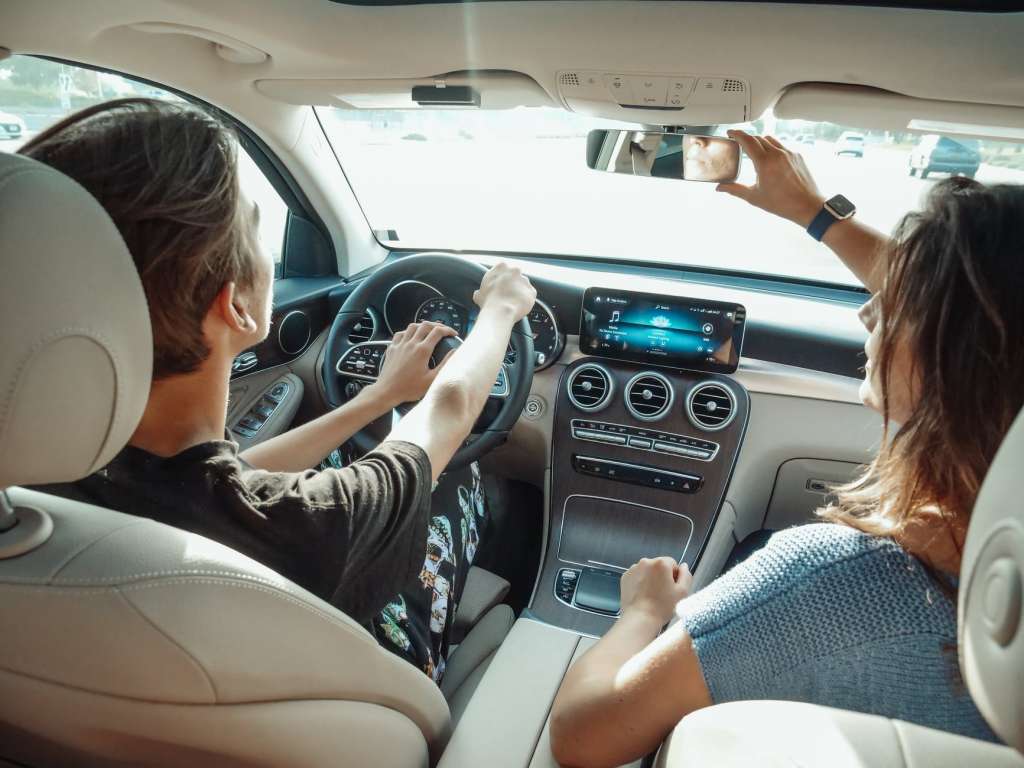Driving instructors on Tuesday offered mixed opinions over whether Massachusetts should allow the classroom portion of the state’s required driver’s education to be offered online.
Driver’s license applicants under the age of 18 are required to complete a driver’s education program, either through a public high school or a private driving school licensed by the Registry of Motor Vehicles. The courses involve a minimum of 30 hours of classroom instruction, along with 18 hours of on-road instruction.
Bills filed by Salem Democrats Sen. Joan Lovely and Rep. Paul Tucker, which came before the Transportation Committee at a Tuesday hearing, would allow the registrar to also “approve a driver education curriculum presented in an online teaching format.” The bills (S 2353, H 3615) would also do away with the requirement that the 18 hours of in-car training include six hours of observing another student.
Lovely said the legislation aims to make permanent an online option that became available during the pandemic.
“Not only have scores for these classes gone up with the online option, online opportunity, but we’ve also seen more students be able to participate,” she said.
Tucker and Lovely said their AAA-backed bills would make classes more accessible to student drivers with health concerns, after-school jobs or sports practices, and those who lack transportation to and from their classes.
Mary Maguire, director of public and government affairs at AAA Northeast, said that more than 25 states have approved some form of online driver’s education, and Georgia passed a law doing so in 2007.
Testifying against the bills, Jake Cooney of CMSC Driving School warned of the possibility that large national online programs could come into Massachustts with “an out-of-the-box program with no live instruction tied to a certified instructor or a licensed school, and they’ll just roll it out to scale for $29,” driving local schools out of business and offering no engagement for students.
“We were one of the first adopters to online education during the shutdown,” he said. “We ramped up fast with our Zoom learning, but it was under a strict directive from the registry that it may only be a live online class taught by a certified professional driving instructor.”
Another driving school operator, Joe Evans, said some of his instructors refuse to teach online but motivate students effectively in person. He argued that the classroom experience can’t be replicated.
“Coming into our class, the first thing we do, we shut off our cellphones,” Evans said. “Guess what, I can tell you when a kid gets in front of his computer at home at night, at 8:00 or 7:00 in the evening, guess what’s in front of them? Their cellphone. When they get in that car the first time we want them to start learning to not use that cellphone, not have it with them.”
Kathleen Donohue Johnson, who owns Donohue’s Driving School in Hudson, said she was “strongly in favor” of the legislation and has completed 15 online classes since March 2020. Attendance and test scores have gone up and parents have enjoyed the convenience, she said.
“I believe that the online option has been so wonderful for so many people,” she said. “It gives everyone the comfort of learning about safety, being safe. We’re teaching them to be good, safe drivers, but from the safety of their own home.”
Joanna Capparella said her son took an online driving course through their local AAA chapter in spring 2021, benefitting in two ways from the virtual experience. Capparella said her son commutes an hour each way to high school, and her family did not have to shoulder the burden of additional transportation to the classes. He also relies on assistive devices for his dyslexia, and the online format “allowed him to access the information in a manner that classroom instruction does not,” she said.
“He is a safe informed driver as a result of his participation on the online coursework,” Capparella said.
(Copyright (c) 2024 State House News Service.

